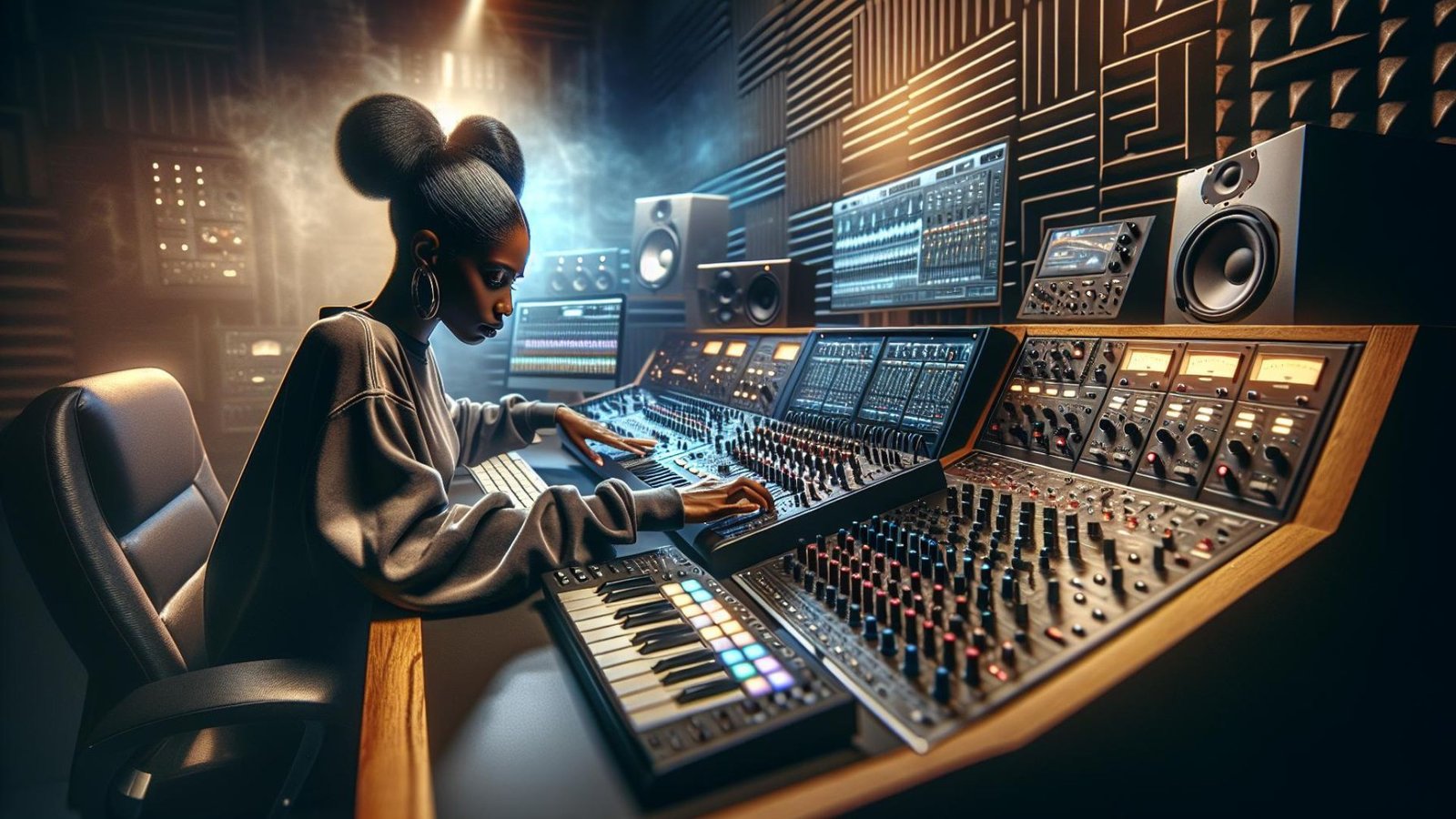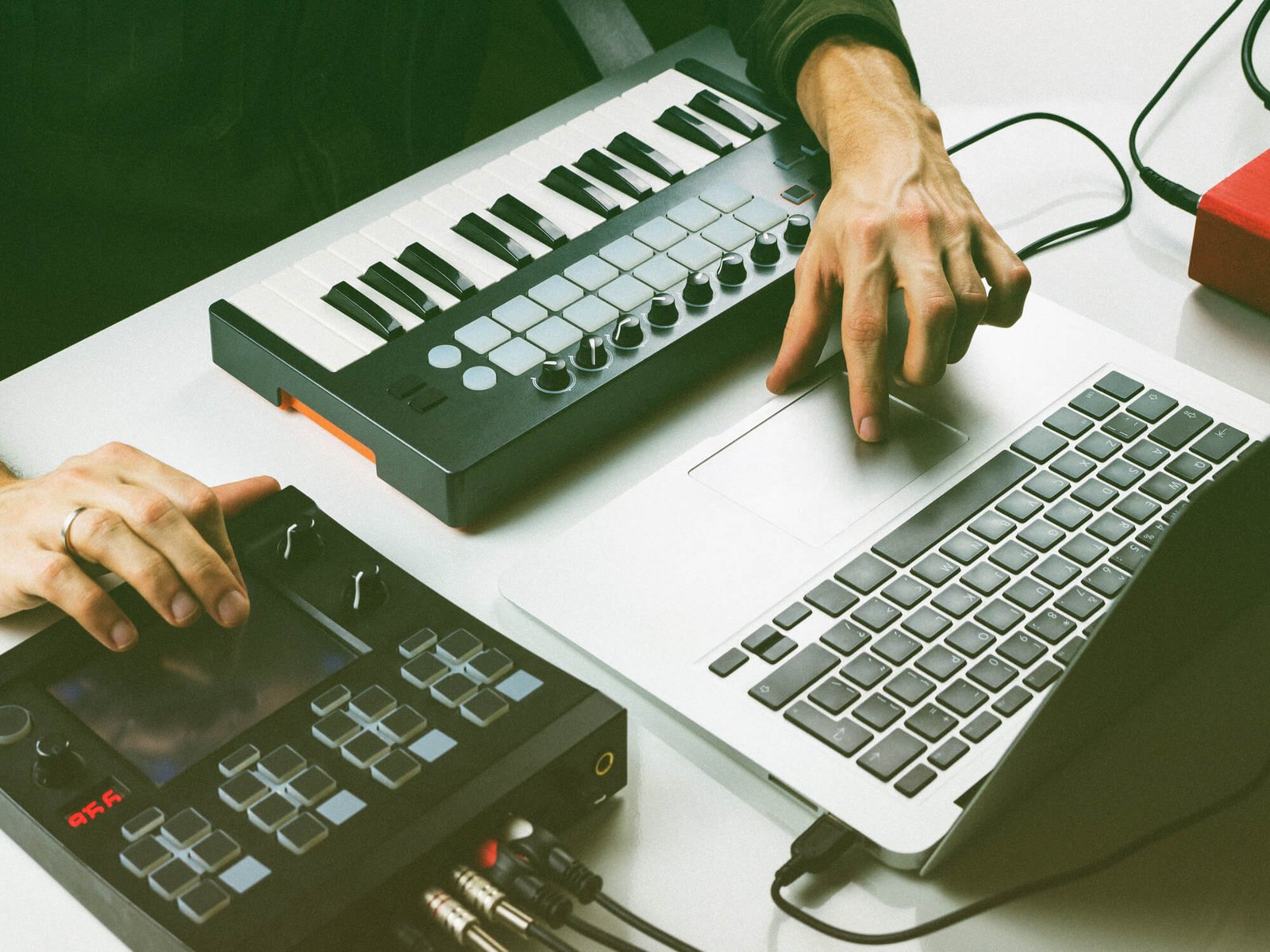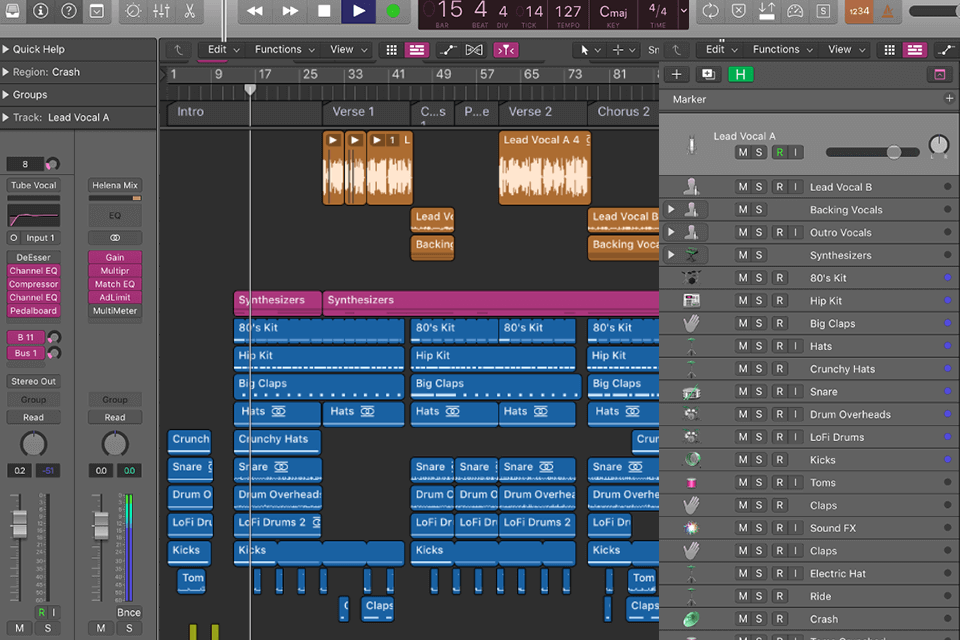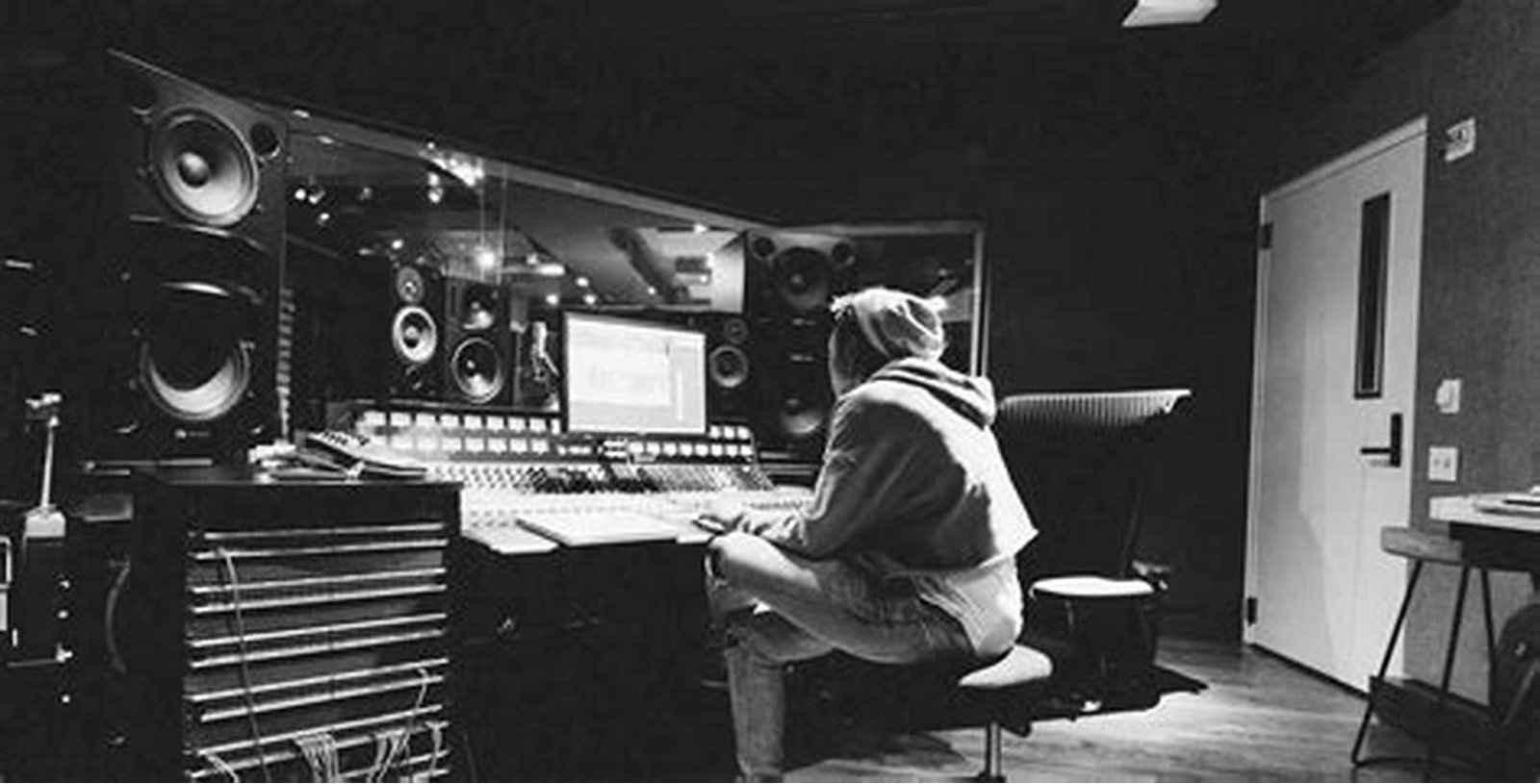Music production across different genres presents unique challenges and requires specialized techniques. From pop to hip-hop, rock to electronic, each genre demands a tailored approach to ensure authenticity and quality. Understanding these nuances helps producers create compelling tracks while expanding their creative portfolio.
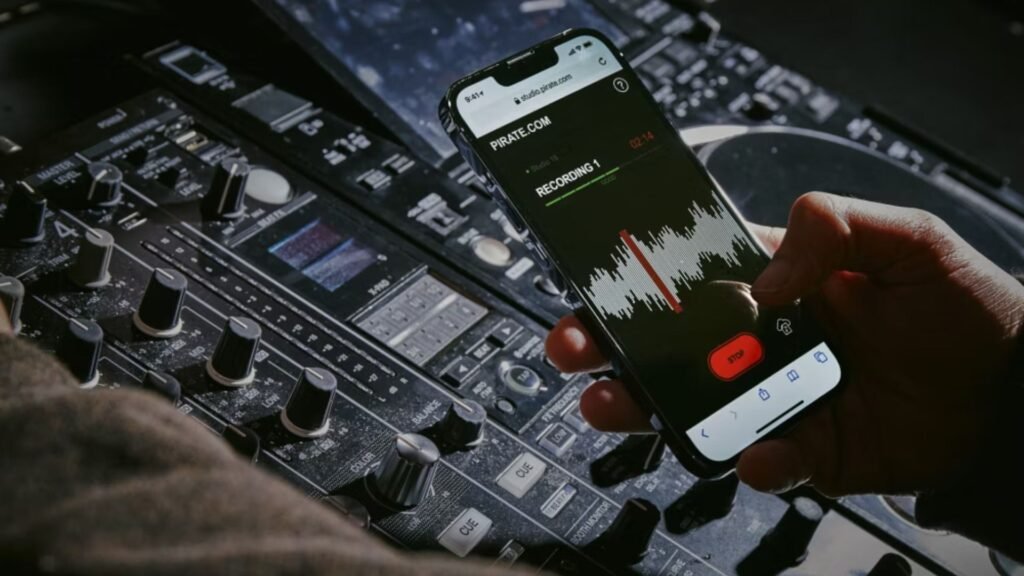
Understanding Genre-Specific Expectations
Every genre comes with distinct characteristics that define its sound.
- Instrumentation: Different genres emphasize specific instruments. For example, guitars dominate rock, while synthesizers are essential in electronic music.
- Rhythm and Tempo: Pop music typically features an upbeat tempo, while ballads or jazz often have slower, more intricate rhythms.
- Vocals: Different genres demand distinct vocal approaches. Pop often focuses on melody and harmonies, while rap prioritizes rhythm, flow, and lyrical content.
Challenges in Genre Diversity
Producing for various genres is exciting but comes with its own set of challenges:
- Familiarity with the Genre: A producer’s unfamiliarity with a genre may hinder their ability to create an authentic sound. Each genre has its conventions that need to be understood and respected.
- Access to Instruments: Some genres require specific instruments or plugins, which might not always be accessible to the producer.
- Meeting Audience Expectations: Genre audiences expect a certain authenticity. Straying too far from genre norms can alienate listeners or fail to resonate with the intended crowd.
Techniques for Genre-Specific Production
Pop Music
- Hooks and Catchy Melodies: Pop music relies on strong, memorable hooks. The key to success is crafting melodies that stick with listeners.
- Layering: Pop tracks often involve multiple layers of vocals, harmonies, and instrumental elements to create a full, radio-ready sound.
- Electronic Elements: Many pop tracks use electronic sounds, effects, and vocal manipulation to enhance the overall production.
Hip-Hop
- Beat Creation: Hip-hop is built around its beat. Producers often use hard-hitting drums, snares, and basslines. 808s and hi-hats are critical in hip-hop production.
- Sampling: Sampling is a fundamental technique in hip-hop. Producers take existing music and repurpose it to create a new foundation for the track.
- Vocal Processing: In hip-hop, vocal clarity, rhythm, and effects like pitch correction or reverb are used to create a distinct sound.
Rock
- Live Instruments: Rock music often features live instruments, like electric guitars, bass, and drums. The emphasis is on raw, powerful sounds that retain energy.
- Dynamic Range: In rock production, it’s important to preserve the dynamics of live performances. You want to capture both the subtle moments and the high-energy crescendos.
- Effects and Distortion: For rock music, effects like distortion and reverb are often used to add grit and depth to the sound.
Electronic Dance Music (EDM)
- Build-Ups and Drops: A signature feature of EDM is the dramatic build-up that leads to a drop. This creates energy and excitement, making the track suitable for clubs and festivals.
- Sound Design: EDM producers use advanced sound design techniques, crafting unique sounds with synthesizers and sound manipulation tools.
- Syncing and Timing: EDM tracks rely on perfectly timed beats and sounds. Producers ensure that each element aligns to maintain the groove and rhythm.
Jazz
- Improvisation: One of the defining features of jazz is improvisation. Producers often give musicians space to experiment with melodies and solos.
- Complex Harmony: Jazz is known for its complex harmonies and chord structures. Producers must be adept at working with extended and altered chords.
- Live Sessions: Jazz tracks are often recorded live, capturing the energy of the band as they interact and perform in real time.
General Tips for Producing Across Genres
- Study the Genre: To produce effectively, a deep understanding of the genre’s key elements is crucial. Listen to a wide range of artists, study their production techniques, and analyze successful tracks.
- Experiment and Be Open-Minded: Don’t be afraid to try different techniques or blend elements from various genres. Modern music production often incorporates cross-genre experimentation.
- Use High-Quality Tools: While software can be genre-specific, quality instruments, plugins, and sound libraries are essential for achieving the desired sound in any genre.
Conclusion
Producing for different genres requires flexibility, creativity, and technical knowledge. Each genre has its challenges, but understanding its conventions and applying the right techniques will lead to successful production. Whether you’re creating a catchy pop anthem or an intricate jazz piece, mastering these genre-specific elements is key to becoming a versatile and skilled producer.







